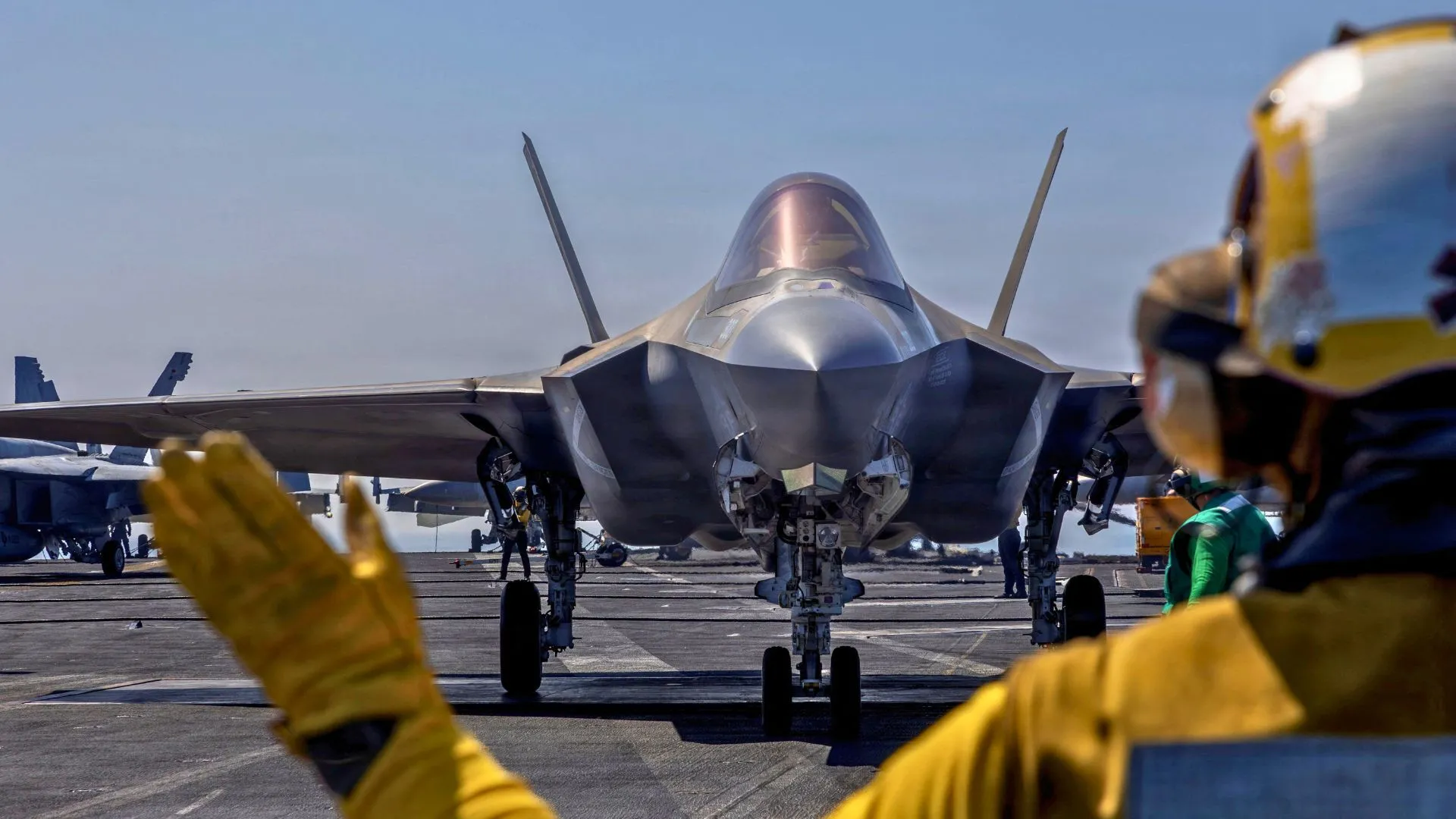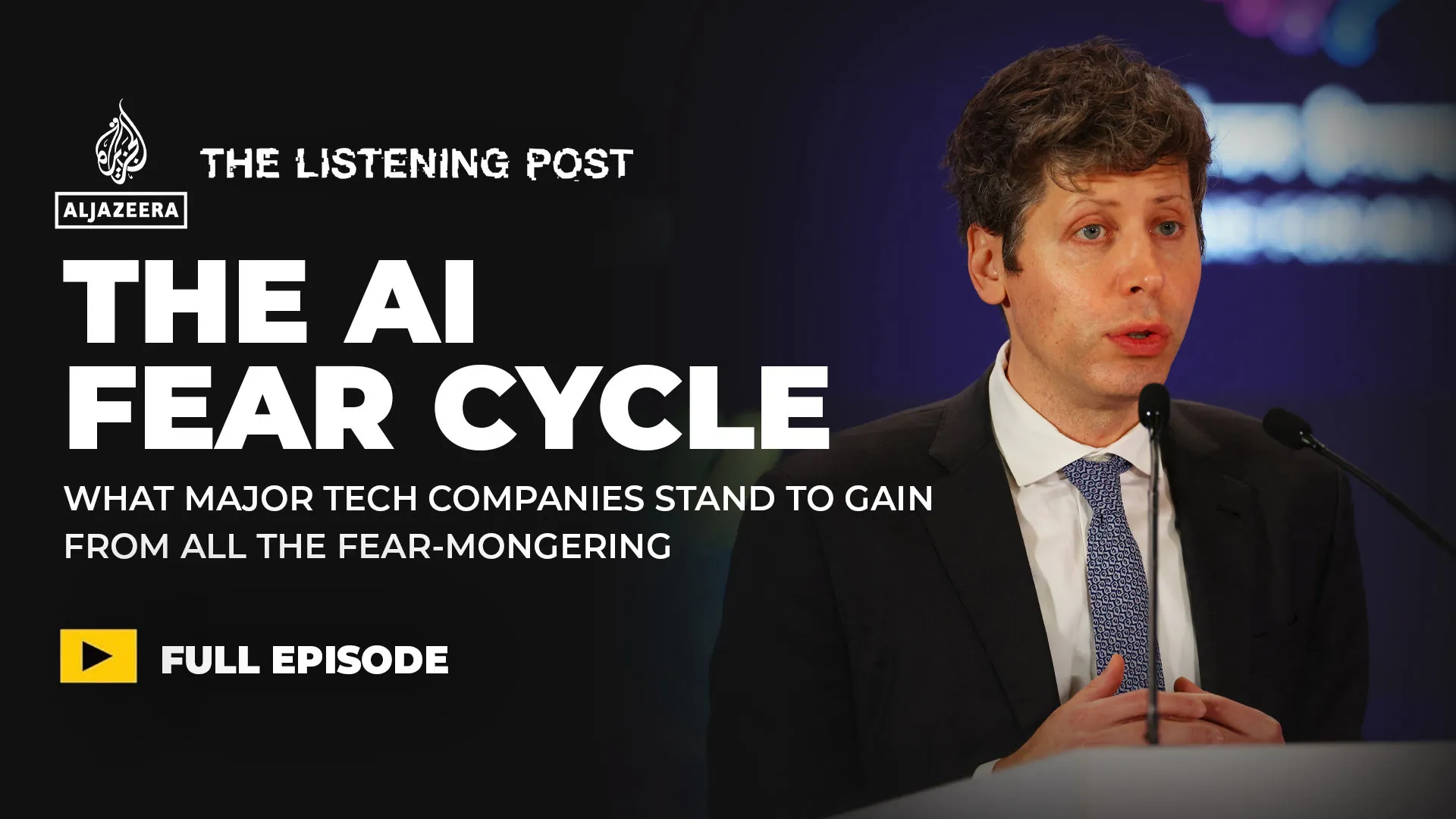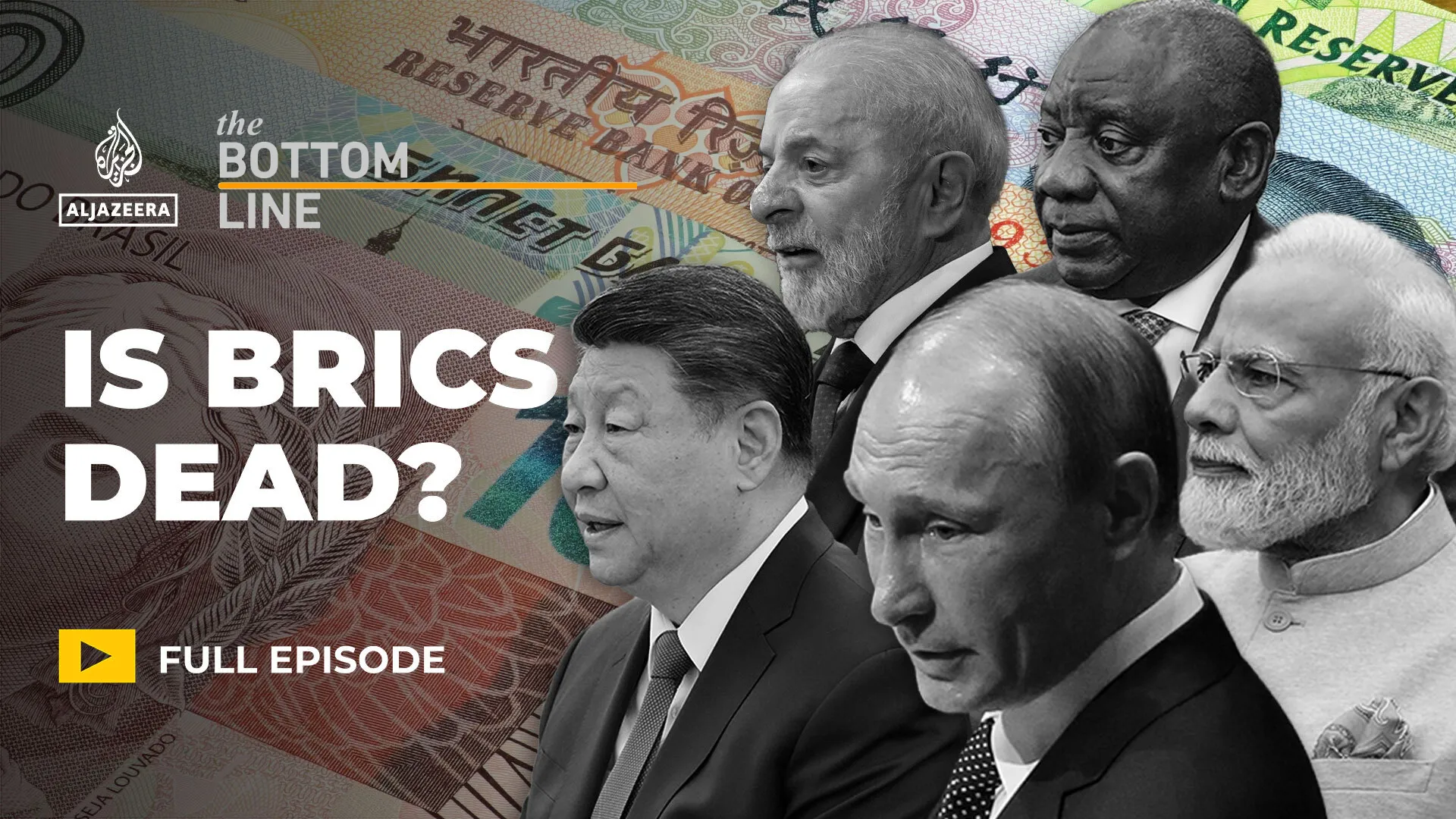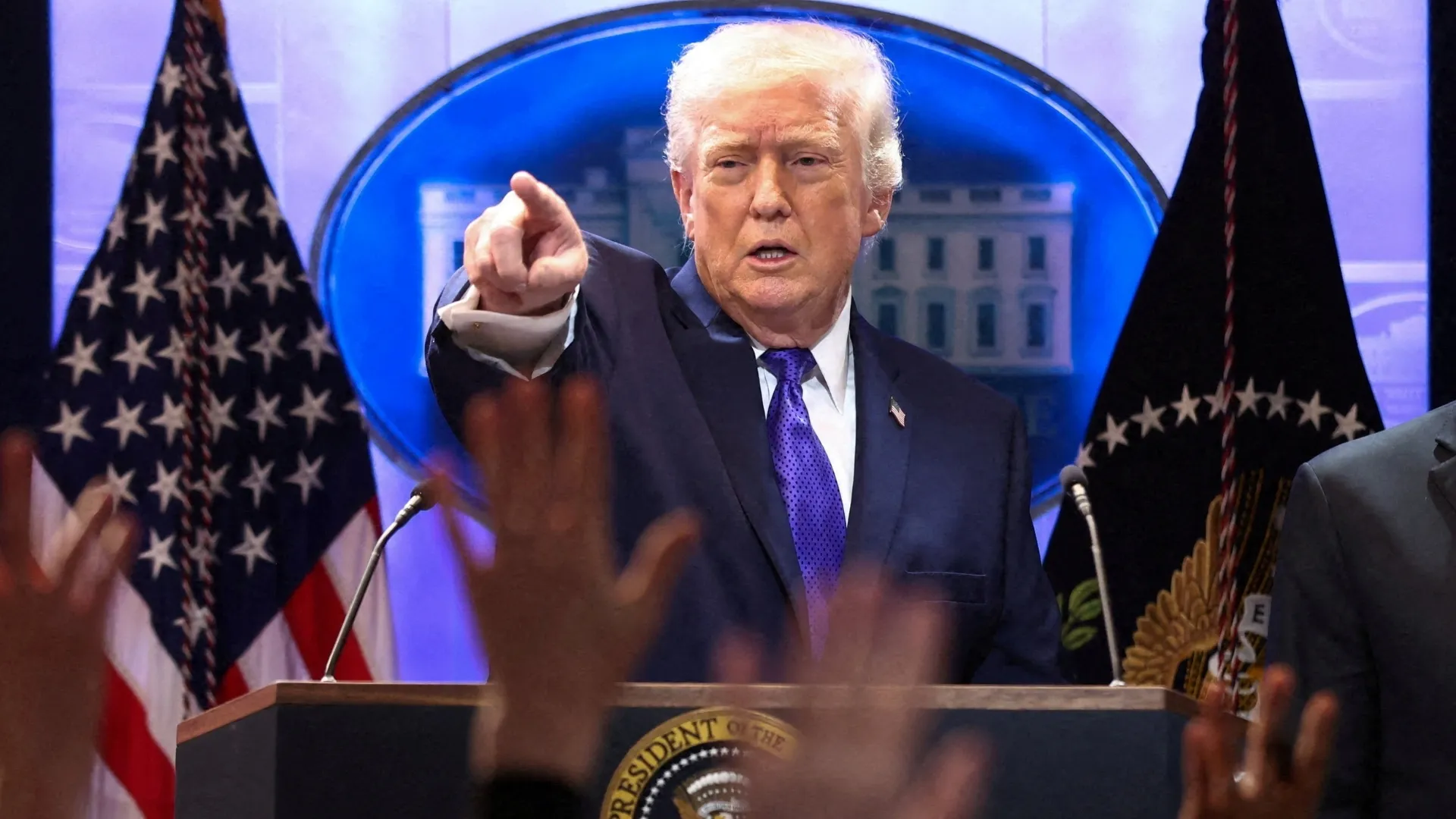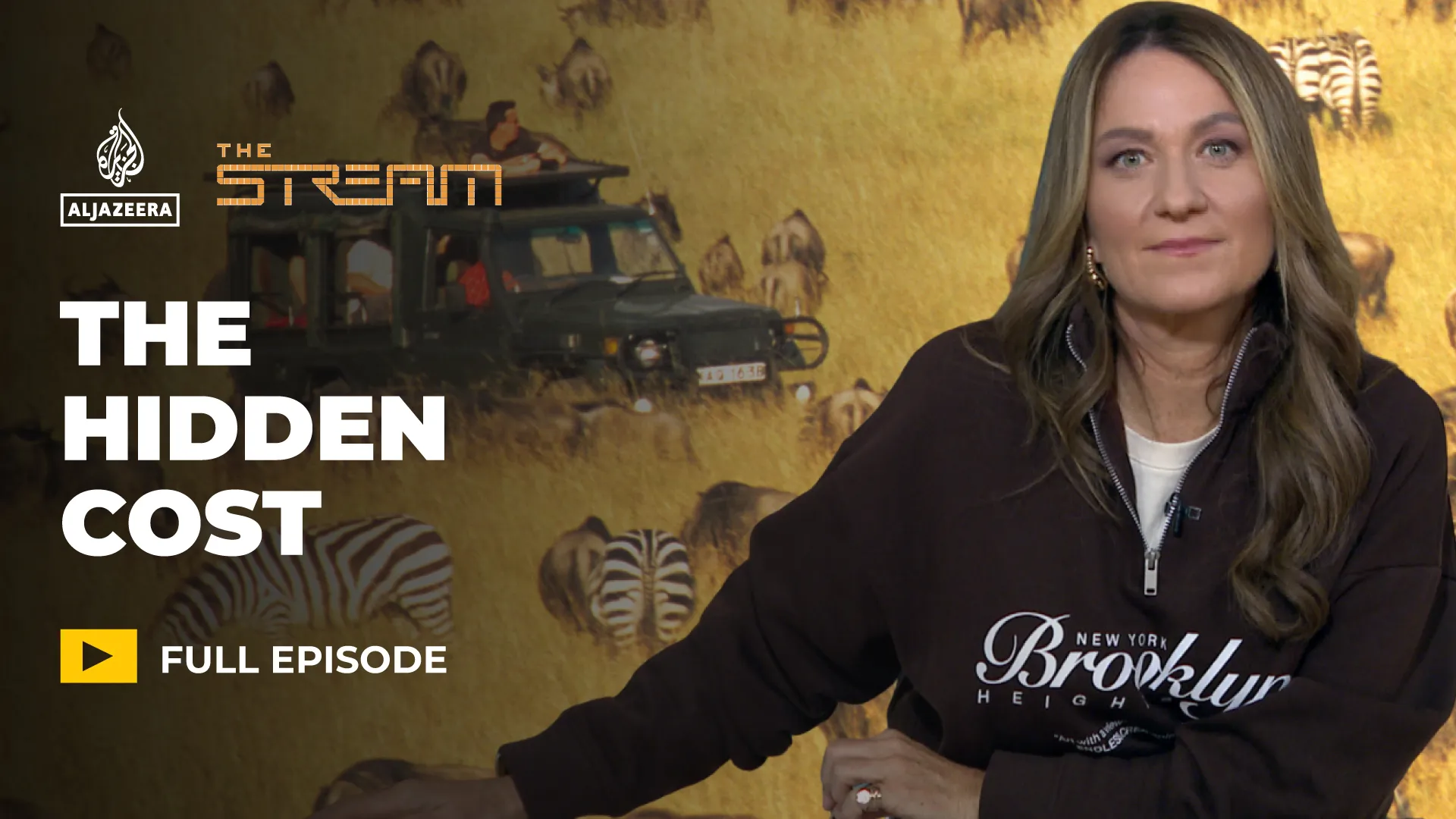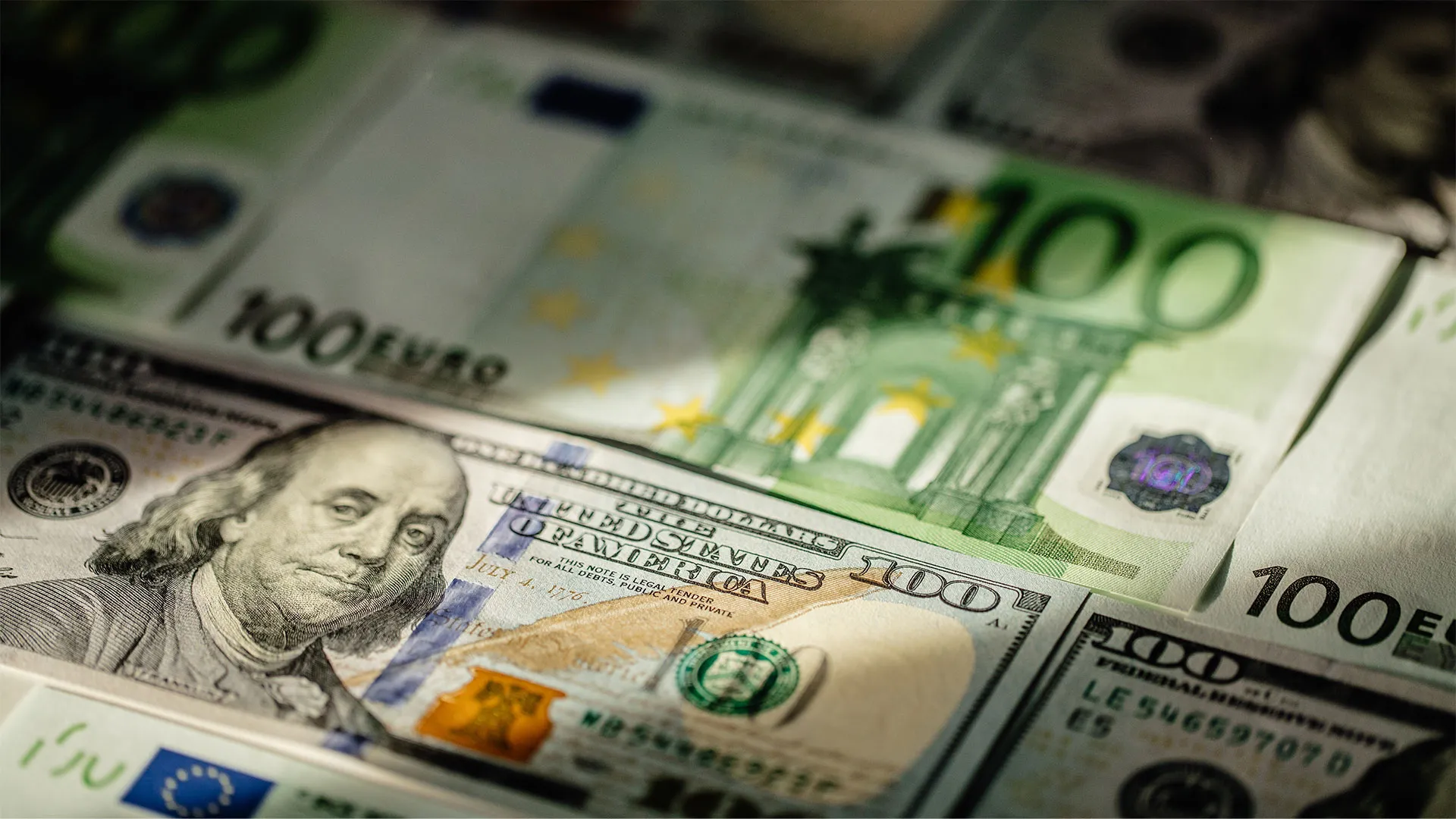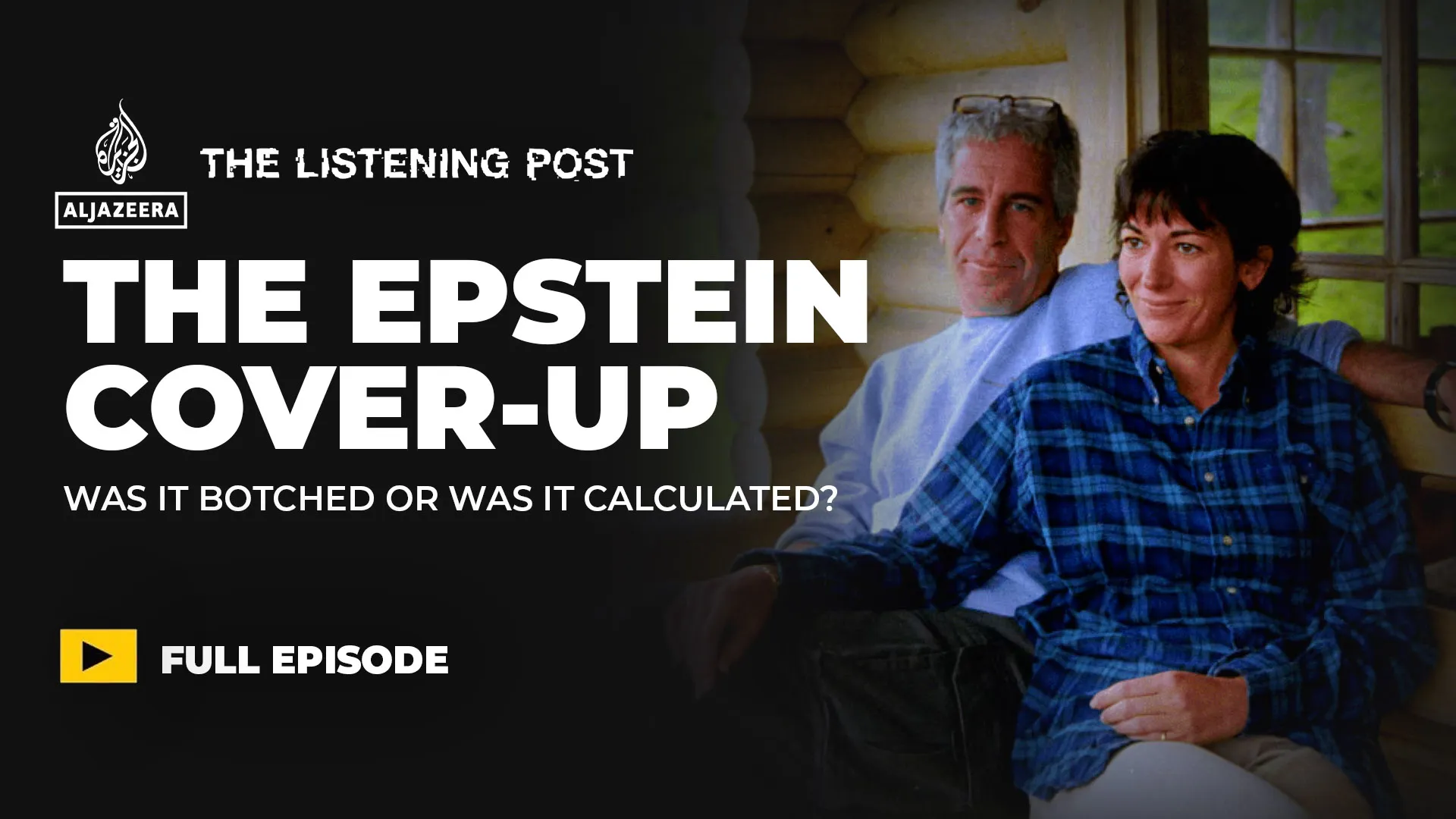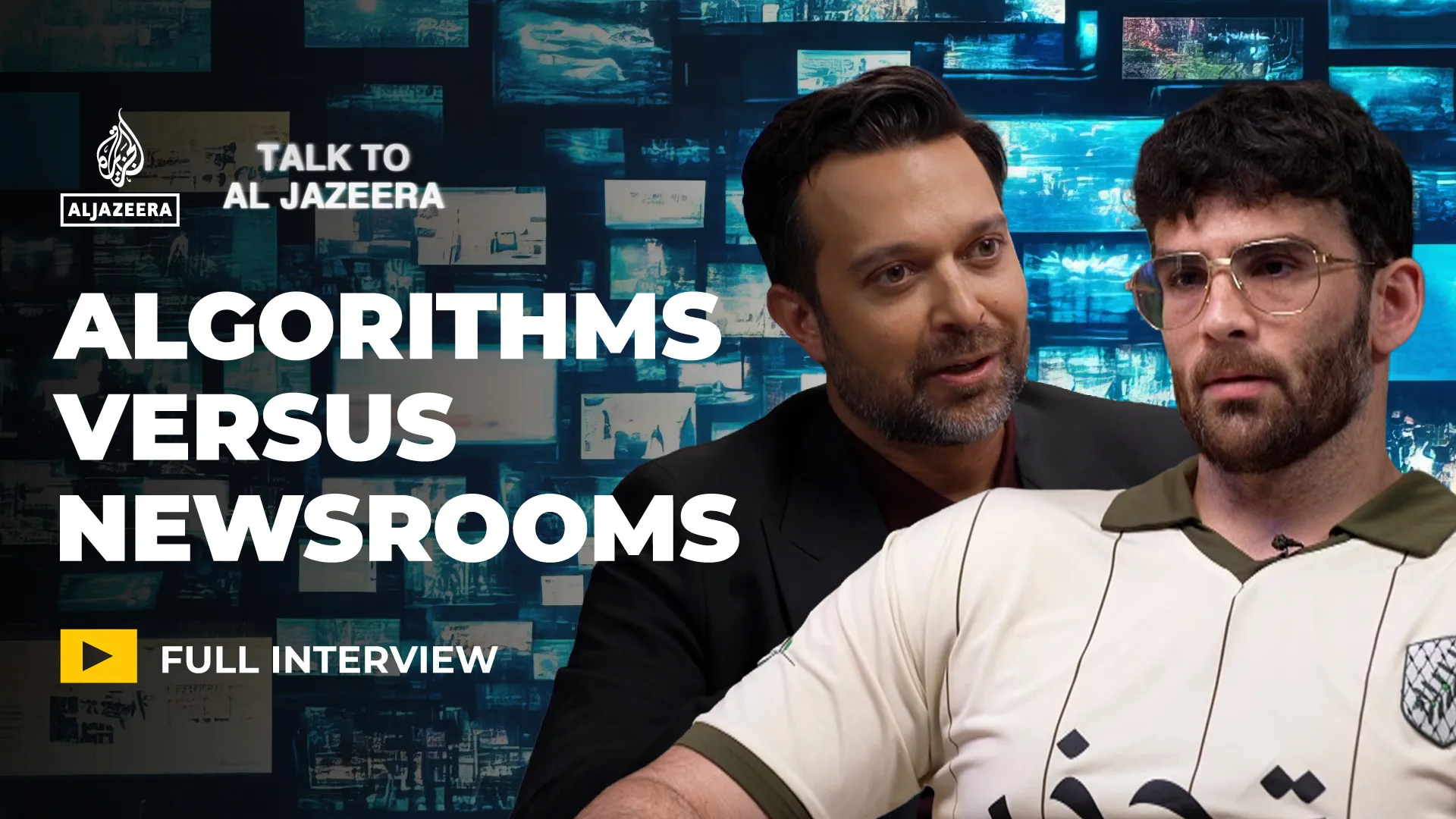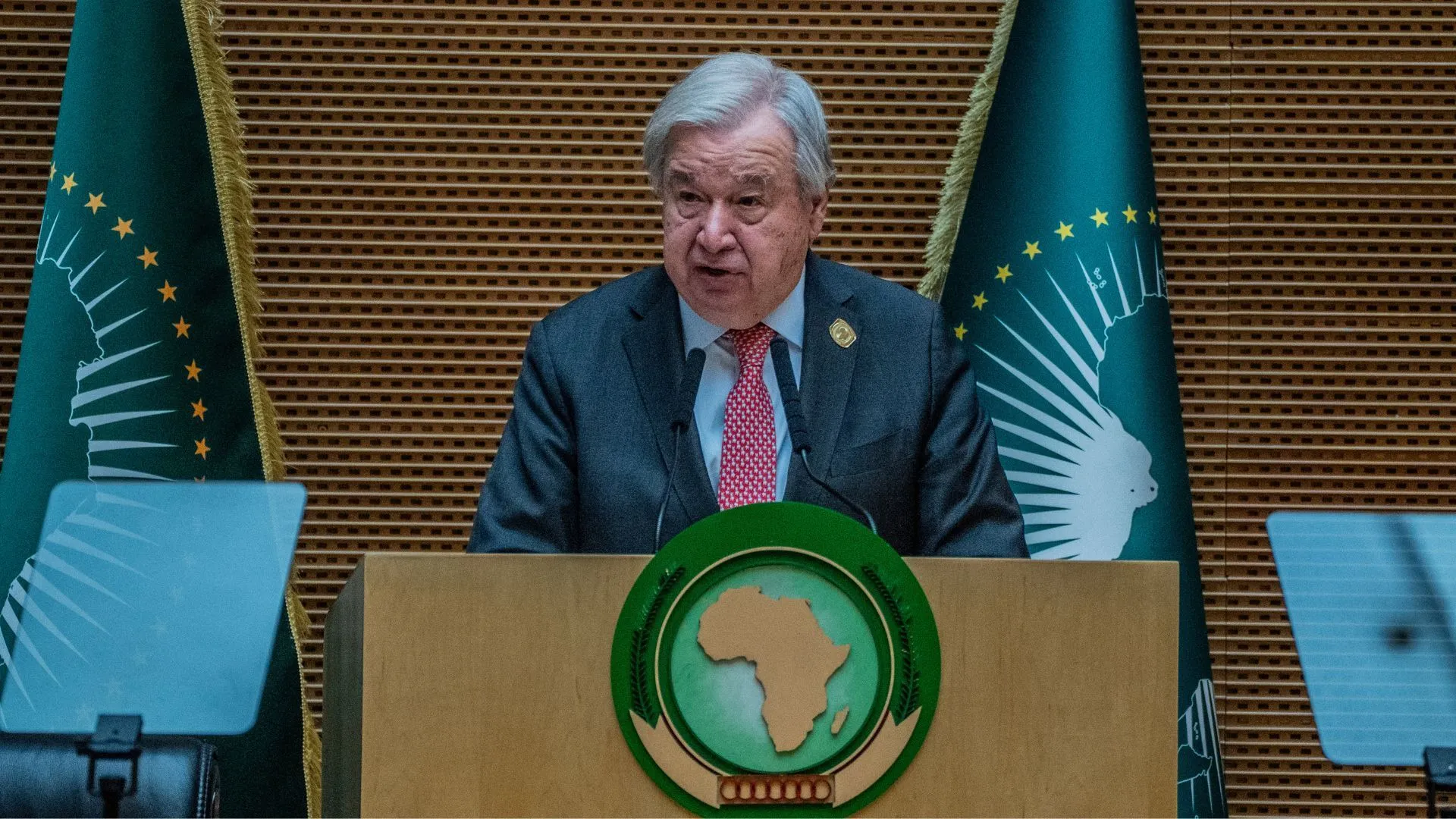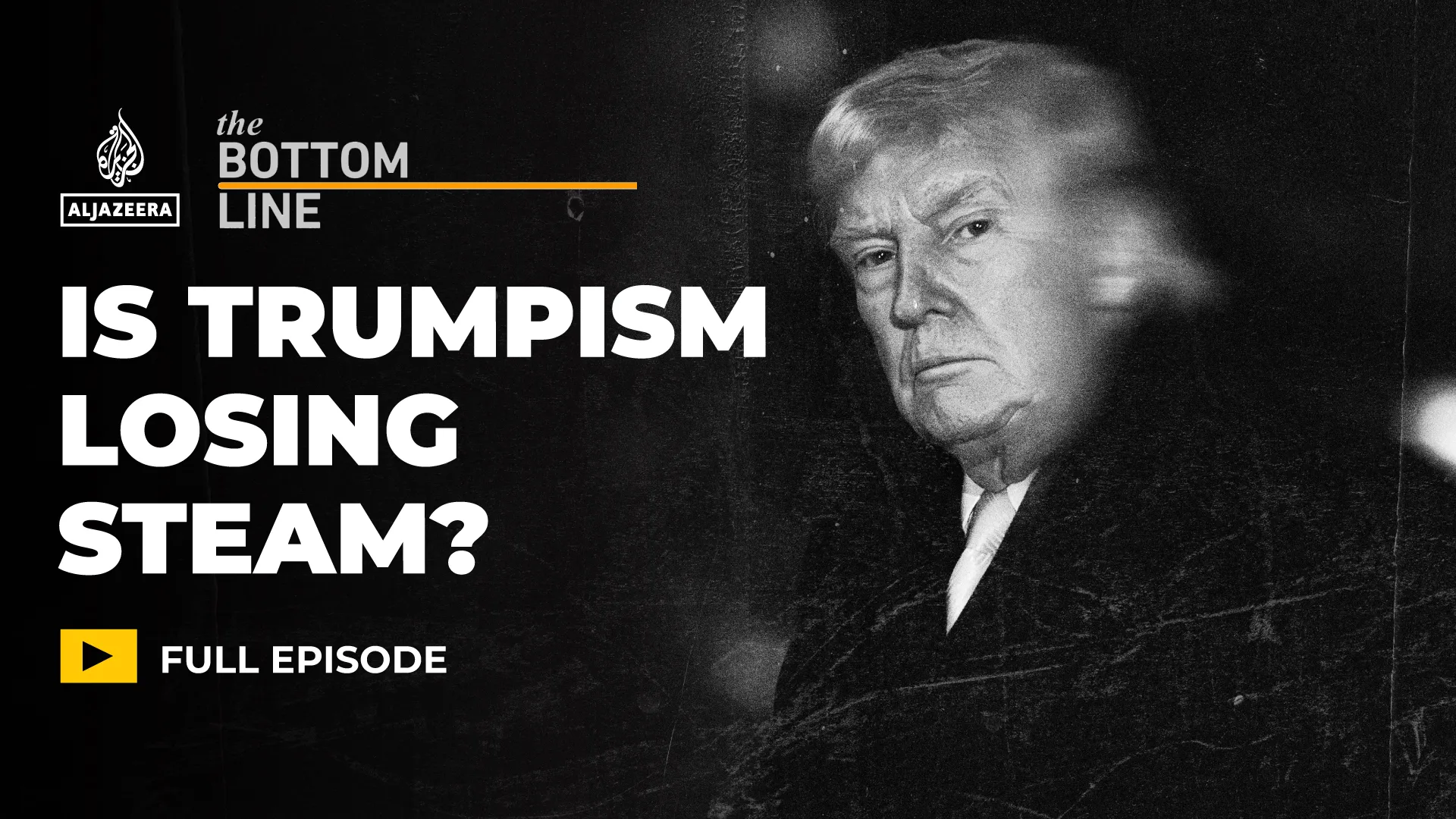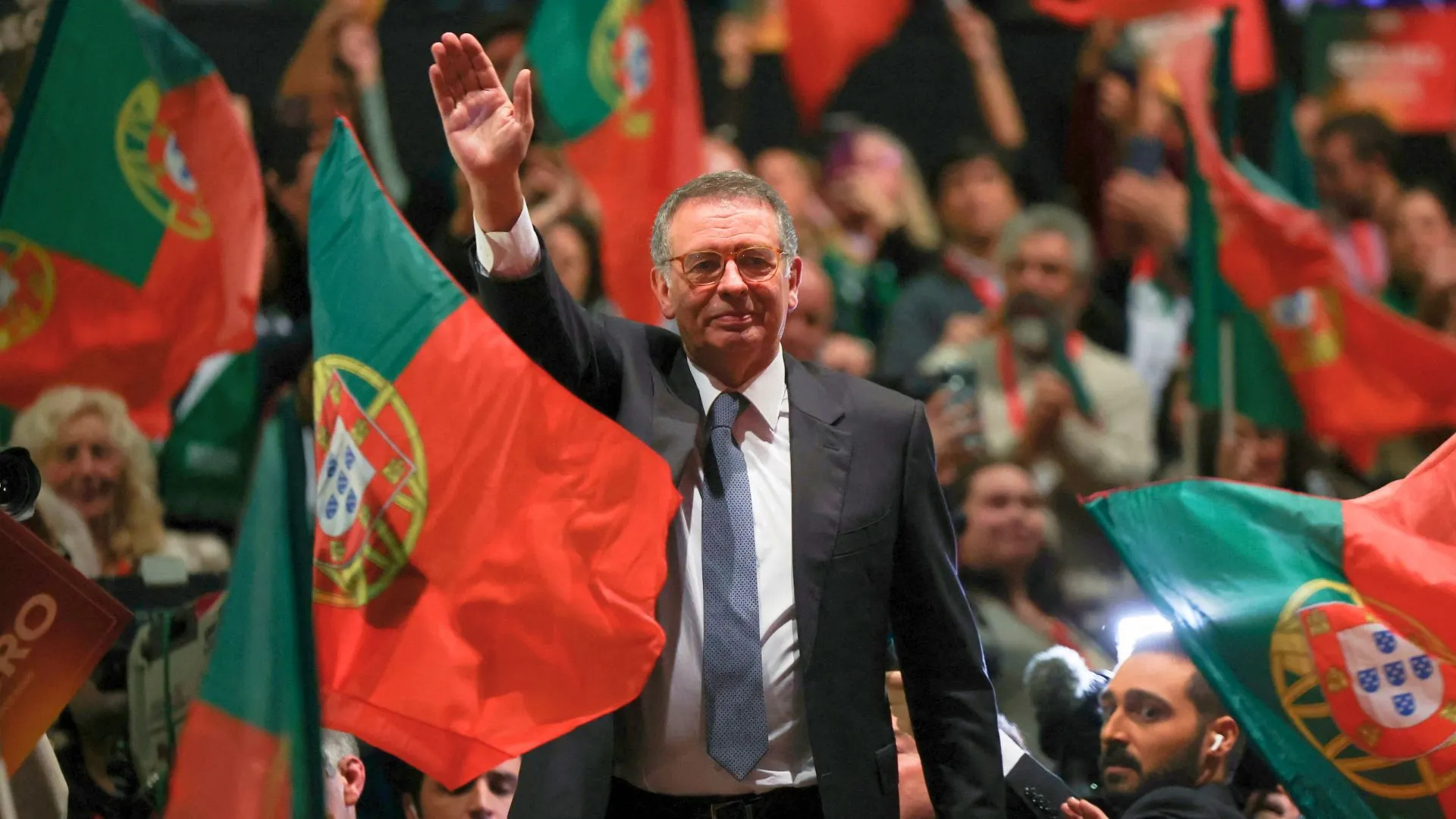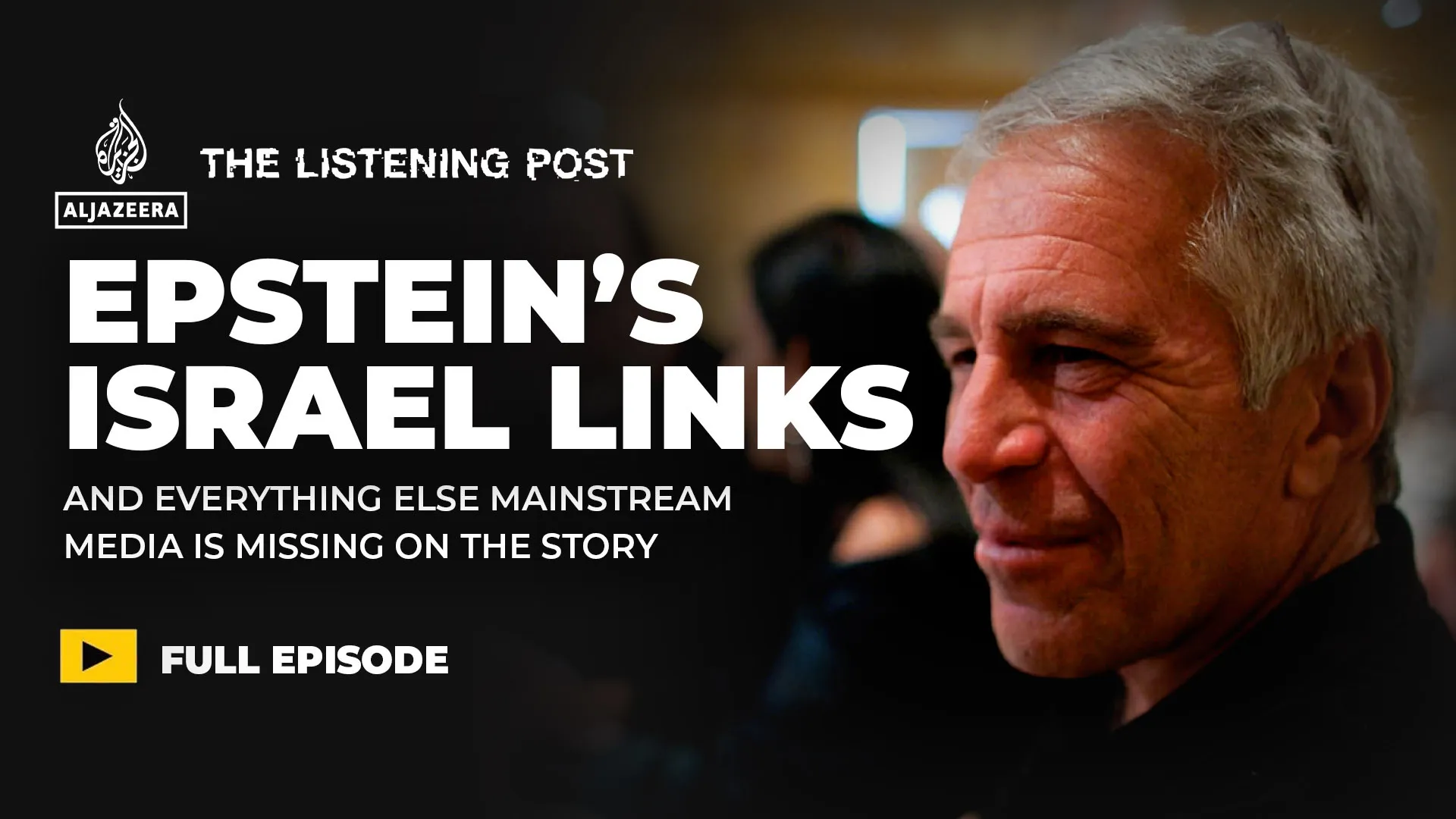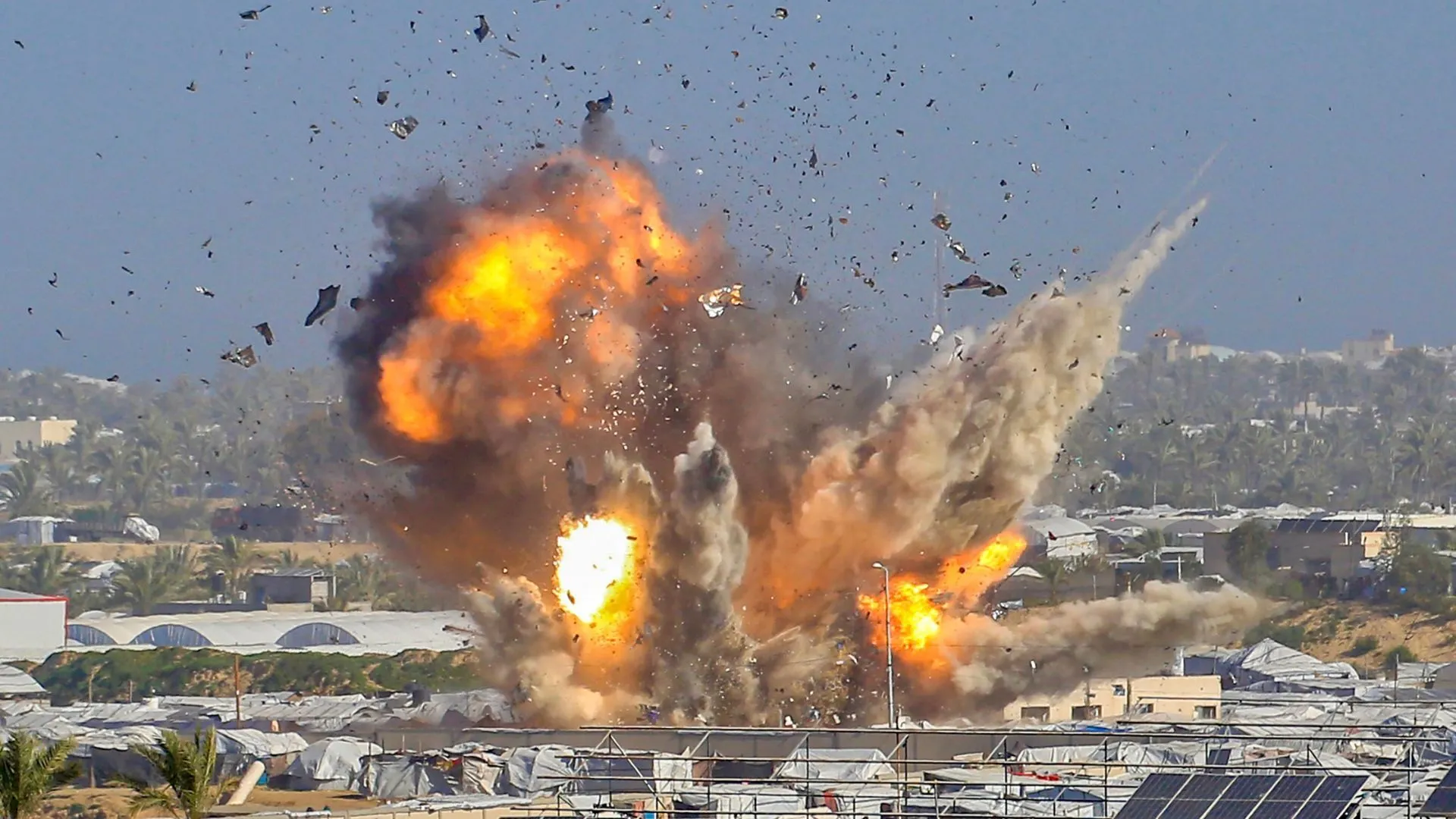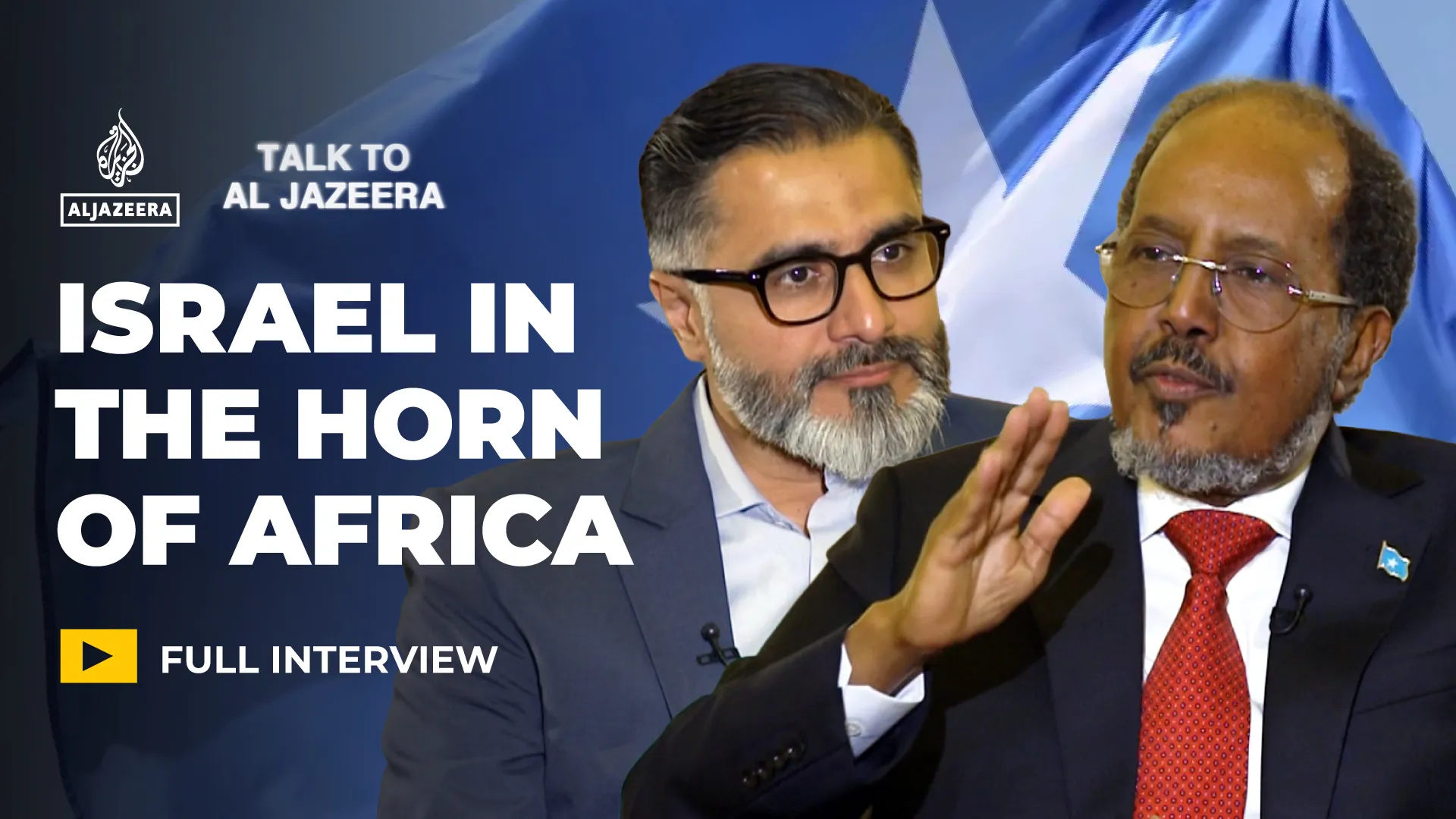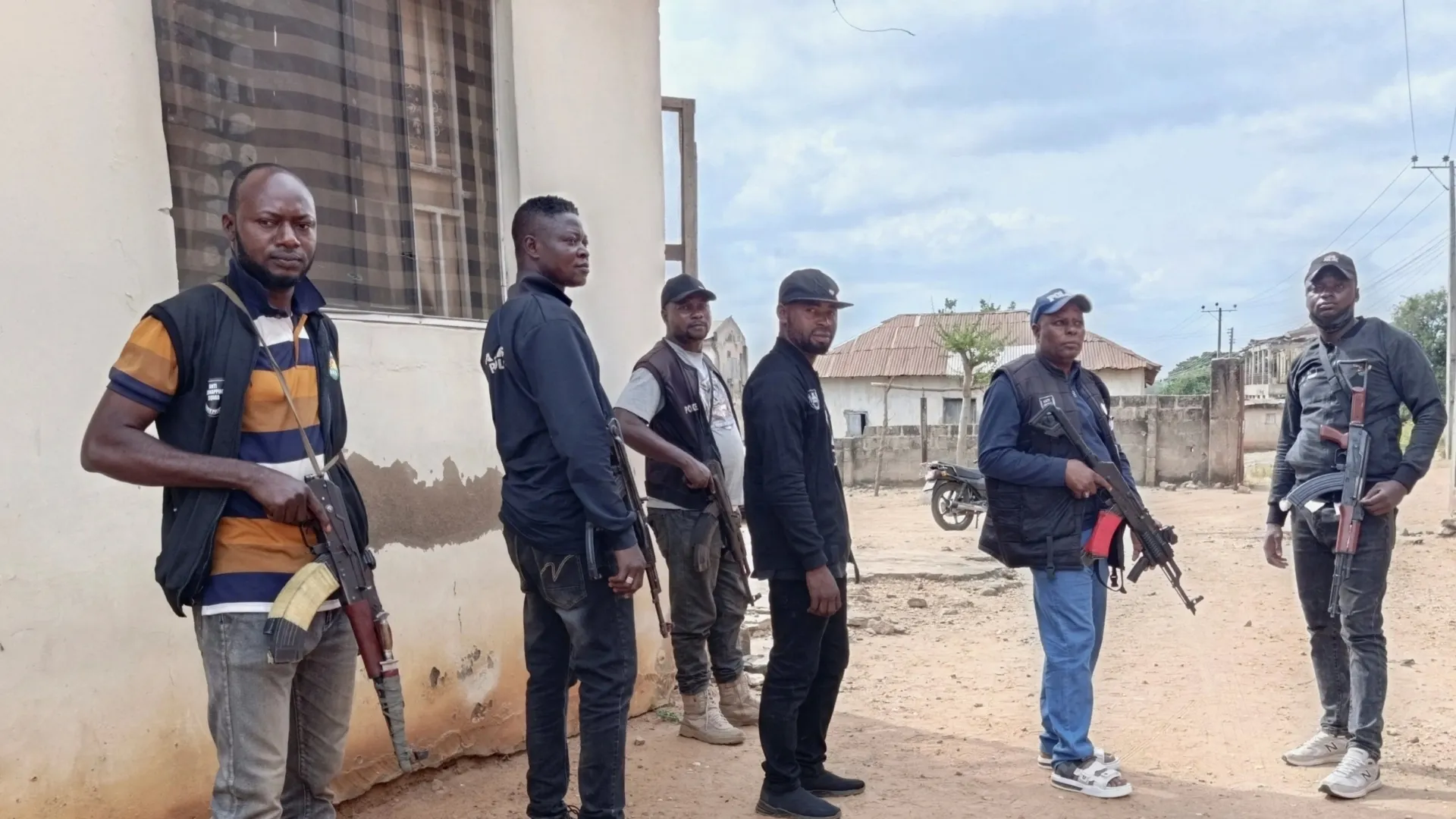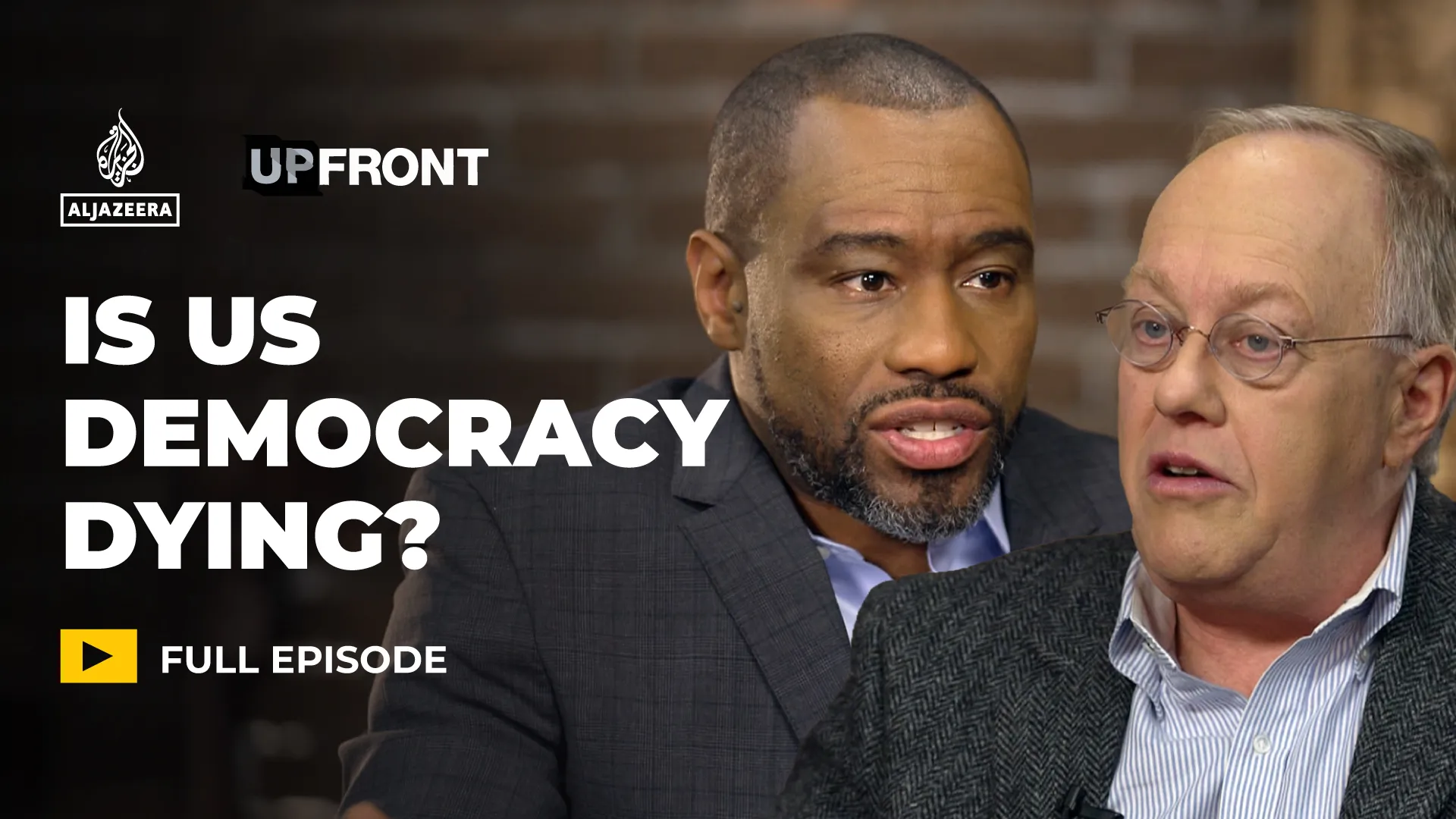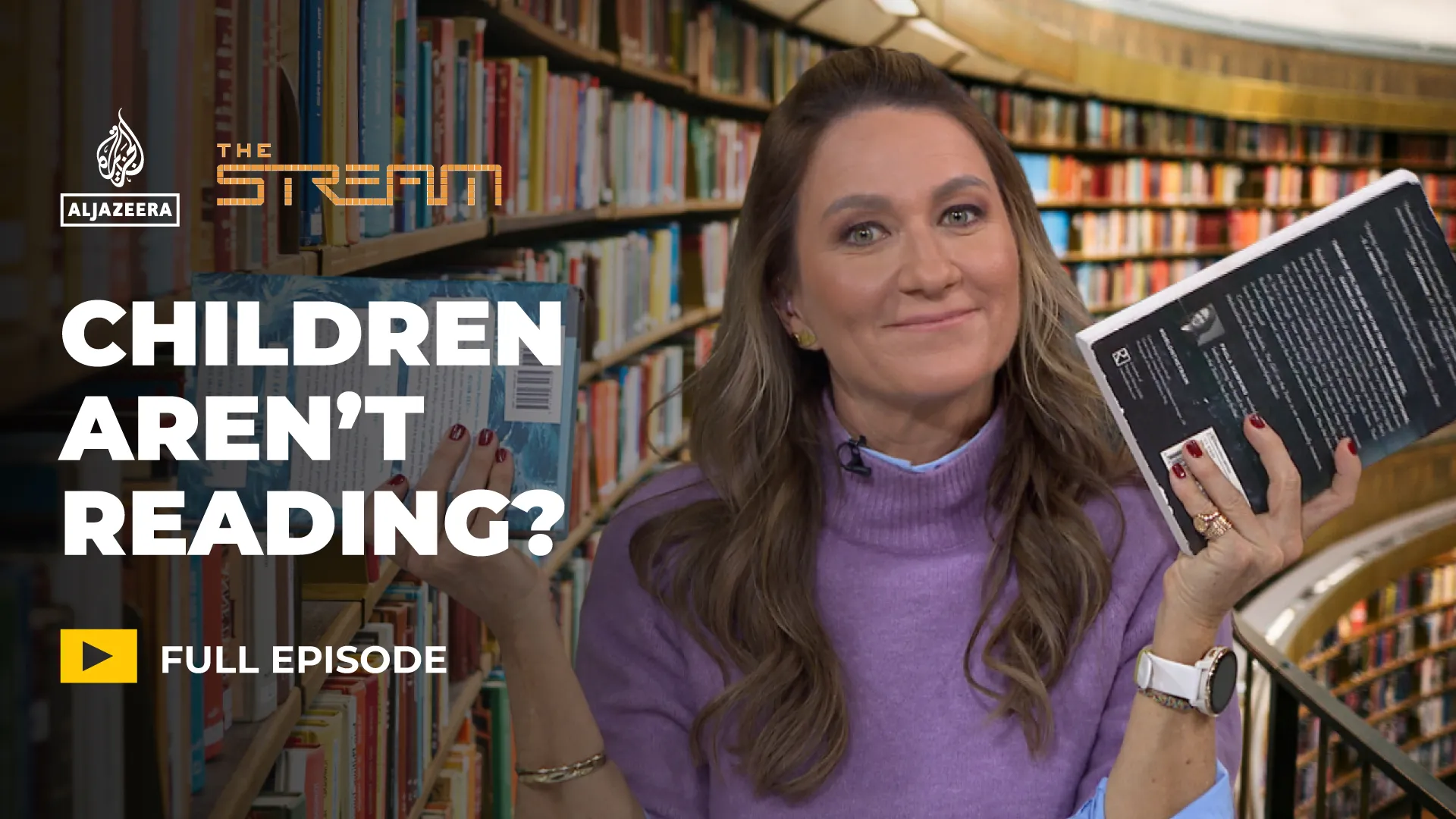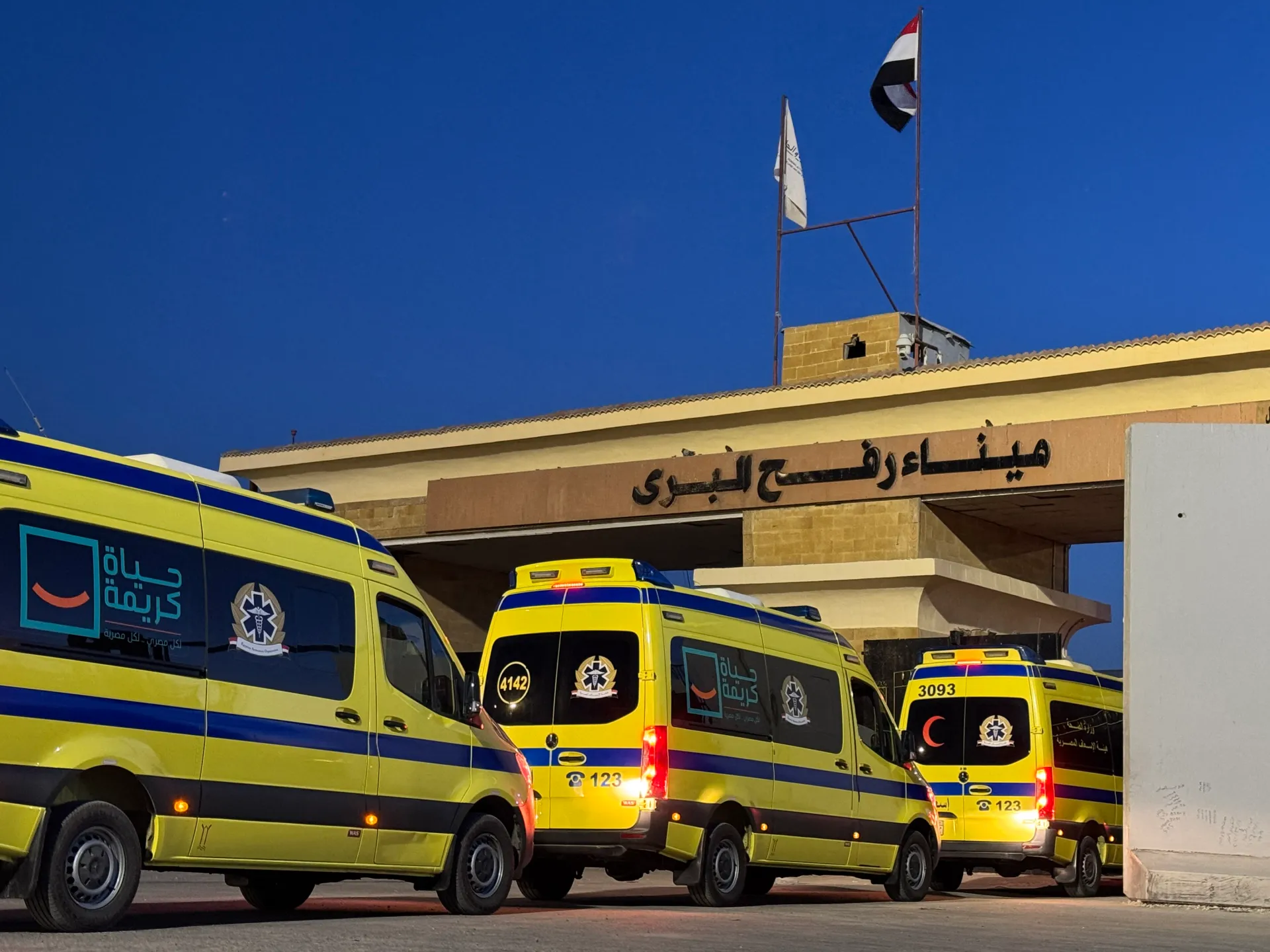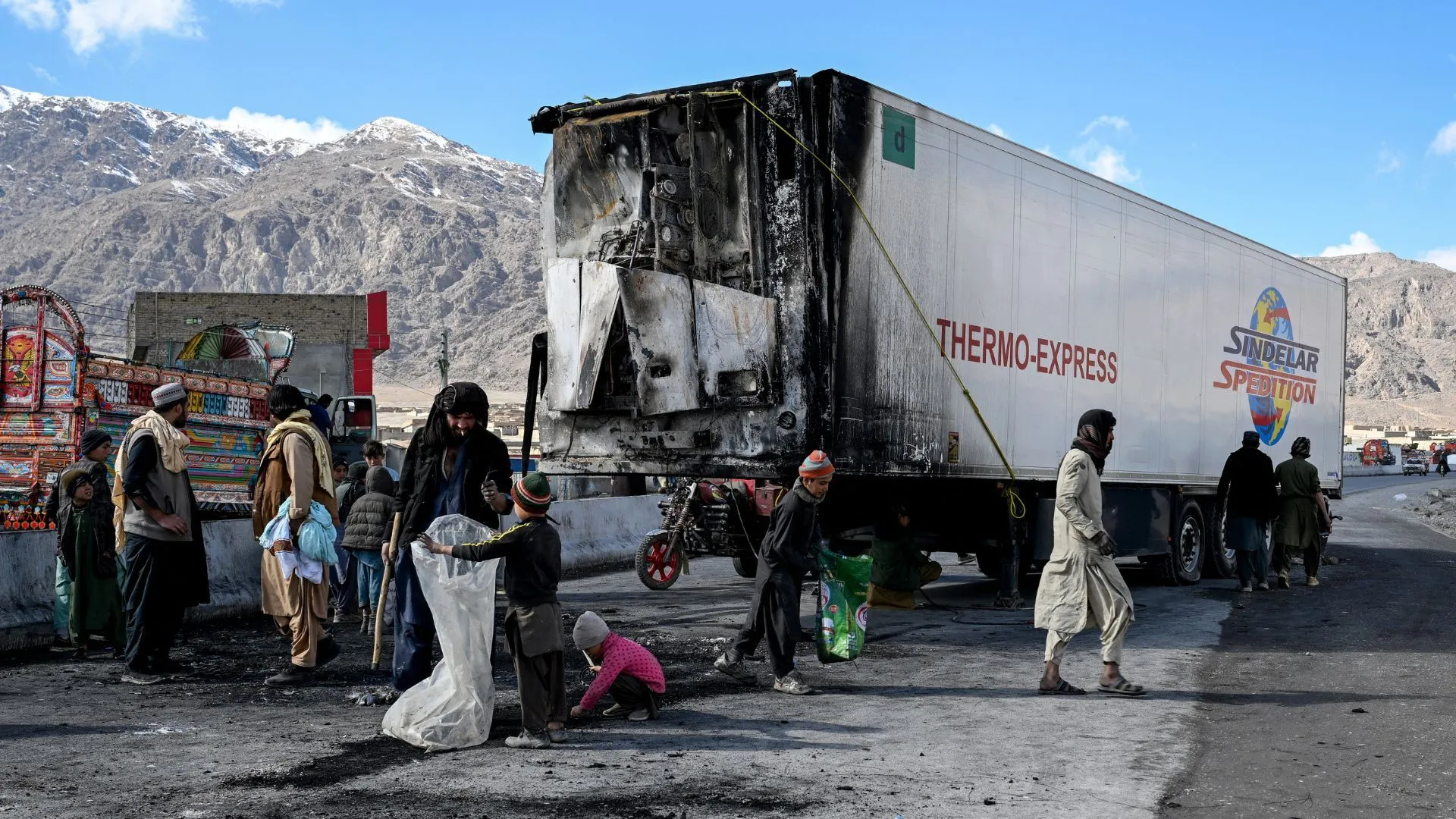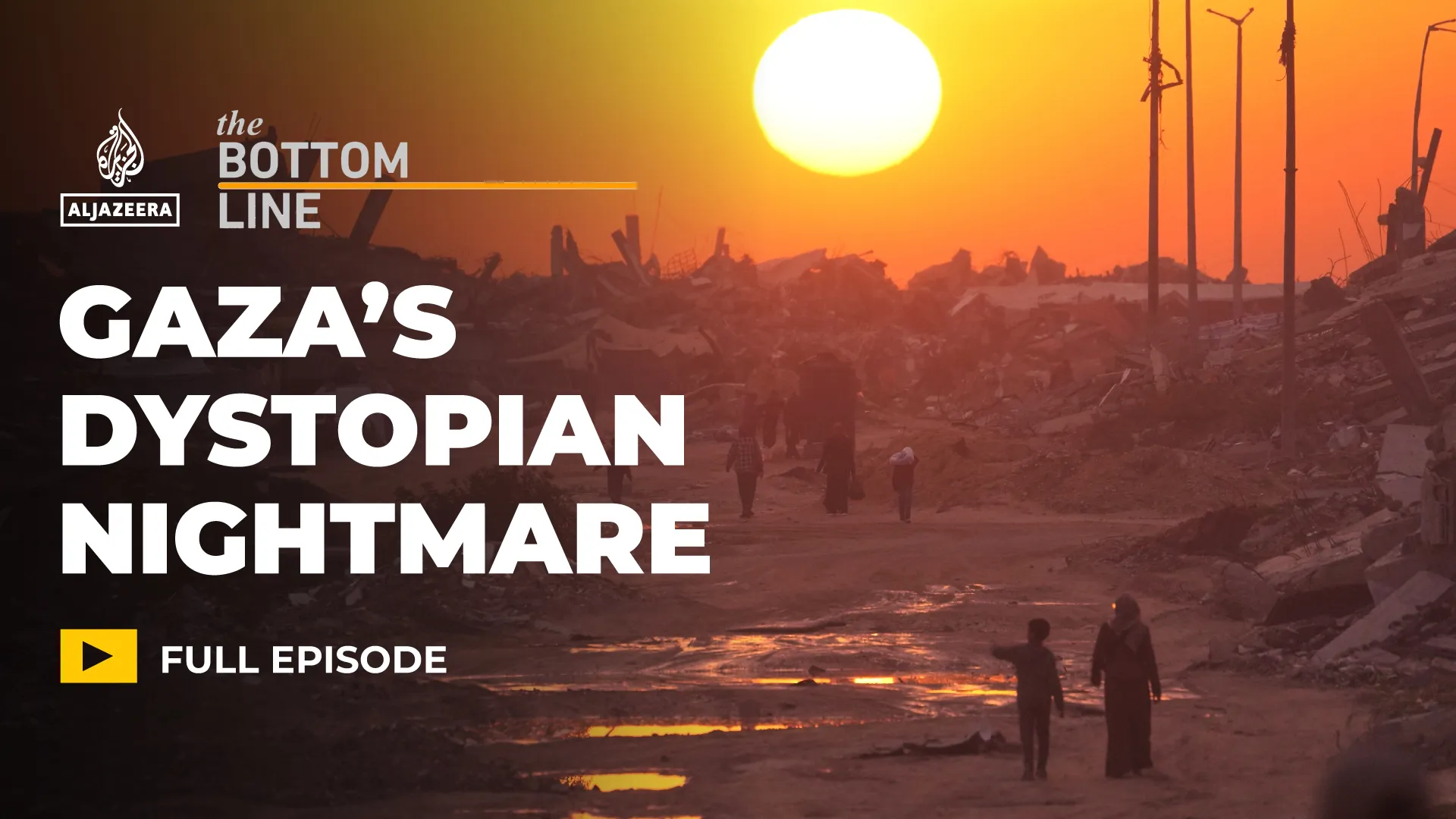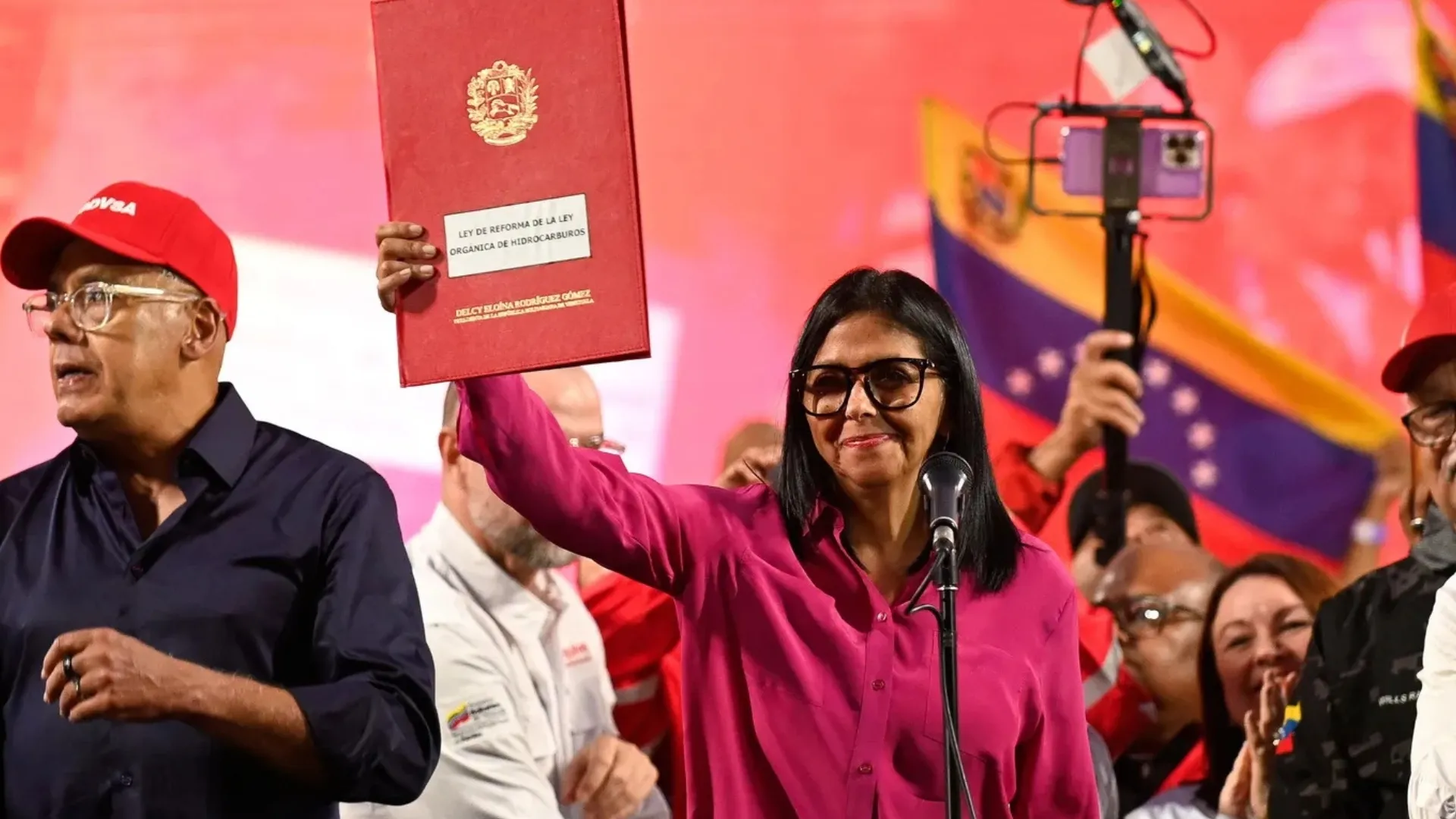The latest tranche of the Epstein files contains more than three million documents – the largest release of its kind. In what appears to be a clumsy attempt at a cover-up by the US Department of Justice, the sloppily redacted names of high-profile perpetrators have failed to conceal the intricate web of global elites spanning politics, royalty, Hollywood and tech.
The fallout in Europe has resulted in a string of resignations, but in the US, there has been limited accountability for the politicians named in the files, including Donald Trump.
Contributors:
Mehdi Hasan – Editor-in-chief and CEO, Zeteo News
Chris Hedges – Host, The Chris Hedges Report
Nikki McCann Ramirez – Politics reporter at Rolling Stone
Danielle Moodie – Host, The Danielle Moodie Show
On our radar:
It’s been a month since Iranian authorities imposed a total internet blackout during a violent crackdown on antigovernment protesters. Since then, the state has ramped up the targeted repression of journalists and progressive politicians in Iran.
The limited information that has managed to make it out of the country, via Elon Musk’s Starlink, is now struggling against what experts say are internet filtering technologies from Chinese companies.
Tariq Nafi reports on Iran’s nationwide internet shutdown.
From choreographed flyovers to flags stretching the length of the field, no other sports league has marketed patriotism as aggressively or successfully as the United States’ National Football League, the NFL.
Militarism is embedded in sports and entertainment in the US, but, under the Trump administration, more state institutions are trying to get in on the act.
Ryan Kohls reports on the power and the spectacle of the Super Bowl.
Featuring:
Howard Bryant – Sports journalist and author
Kavitha Davidson – Podcast host, Sportly
Gregory Daddis – Professor of history, Texas A&M University; retired colonel, US Army
